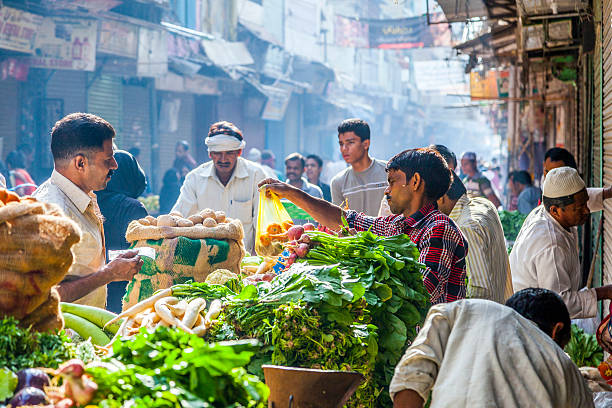I learned about the need for reform in India’s Public Distribution Scheme (PDS) scheme a year after Narendra Modi got sworn in for the first time in 2014. In the chapter on Revamping Agriculture And The Public Distribution System in Getting India Back on Track, Ashok Gulati reveals just how much effort goes into managing PDS (estimated at over ₹2,00,000 crores).
Due to the massive scale and its flawed execution by different government agencies, less than 10% of the grains procured by the government were reaching the end beneficiaries. Therefore, Surjit Bhalla and Ashok Gulati suggested in 2014 to bring in Aadhar and DBT to reduce leakages and ensure the highest transmission of benefits.
While a strong proponent of the Aadhar + DBT idea, I forgot about this chapter and the topic until I read Rajesh Sawhney‘s tweet in my feed:
The tweet triggered an early morning search on whether any state government had tested the DBT approach. I found a post Need for a choice-based approach in PDS that summarized the learnings from surveys of 6,000 households that participated in pilots conducted in Chandigarh, Puducherry, and Dadra & Nagar Haveli. While the pilot had some teething issues at the beginning, there were encouraging learnings:
- As per official records, over 99% of transfers were made successfully.
- Beneficiaries spent more than the DBT amount received to buy the same amount of grain in the market but purchased higher quality grains.
- In our first round of surveys (six months into the programme), two-thirds of beneficiaries preferred PDS to DBT. However, in our third round (18 months into the programme), this had reversed, with two-thirds now preferring DBT to PDS.
The pandemic-led disruption gives the current government a lot of leverage to implement DBT via Aadhar in PDS. It will provide choice and money power in the hands of those that need it the most. Let them purchase their consumption requirements through fair-price shops, general retail, modern retail, or online delivery apps like Big Basket.
The needy getting the private companies to compete over providing the best value & experience to the end consumer is true empowerment. Besides, the government can get out of the food distribution business (which it is notoriously pathetic at), and the change will for the fair price shops to compete for business – who at the moment find themselves in a monopoly.
It is time for a change!
Thank you, Rajesh, for sparking my creative juices for this post!






